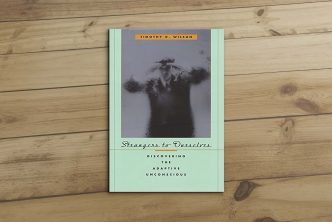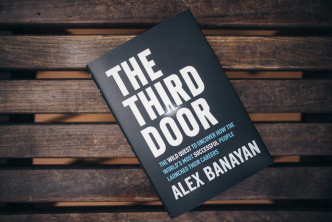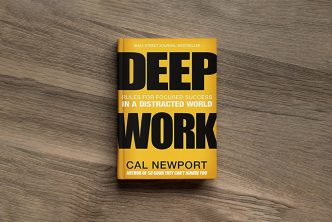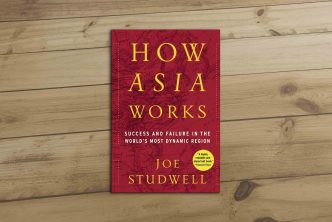By Charles Asiegbu
REVIEW: “Never Look an American in the Eye: Flying Turtles, Colonial Ghosts and the Making of a Nigerian American” by Okey Ndibe. Soho Press, Inc. (October 2016) Length:224 pages.
In recent times, there has been a renewed covet for overseas migration, among young Nigerians, with the intent of landing a better nick for themselves – they frequently cite the precarious economic and social conditions besetting the country an excuse for their avowed quest. A Twitter user with the handle @MrFrancisWhyte posted a comment on December 30th, 2020. “Goodbye, Nigeria, the evil you have done is enough” to signal his successful voyage to Canada after five IELTS attempts (an English test). He concluded by saying, “Please do not sleep on the Express Entry program. CANADA needs you! His comment generated mixed reactions among Nigerians on the social platform. Either positive or negative, it registered the topical nature of relocating from Nigeria – while also exposing the severe loss of energetic young professionals. Whatever the case may be, this memoir is one repository of the dream, myth, and reality of relocating abroad.
Though his migration was by providence, Okey Ndibe’s childhood reverie about the western world was, regaled, with tales of how the streets abroad were paved in concrete, or perhaps, gold—interacting with a classmate, who affluently spent two weeks in London. Okey Ndibe recounted the anecdotes of crowded shoppers milling on London streets with rows and rows of fashion stores; of meat and fish stores where there was no single fly to be, seen, everything neatly cut and nicely laid out on glass shelves. A spike to the curiosity was the affirmation by his classmate that “Everywhere you look, as far as your eyes can go, all you see is concrete. There is no patch of grass in London – you cannot see any sprout of grass” this was not to be so, years after visiting London, himself to discover “tree – rich” parks and a “rolling greenery.” The entrenched picture and keenness to see a ceaseless carpet of concrete remained alive.
In this memoir, the author delineates his journey towards becoming an established writer and scholar after gaining admission into the Yaba College of Technology in Lagos to study business administration. His interest in American wrestlers and America launched him into the world of novels by several American writers and, after that, fueled his desire to write. Apart from the restless and adventurous lifestyle the vista of writing offered him, it also became an escape route from the regular eight – to – five corporate job he despised.
Like many other writers, Okey regarded Chinua Achebe as a model. From admiring Achebe from a distance to summoning the courage to exchange pleasantries with the literary icon. It would not be out of place to say Okey Ndibe “Never looked Achebe in the Eye”; this is owing to his stance of not talking to his friends with the same mouth with which he communicated with Achebe.
The actual contact established with the profound author of “Things fall apart” was facilitated by a friend years after graduating and becoming a journalist with African Concord. Graciously, Achebe agreed to grant an interview. Hell, let loose when the tape recorder did not record a single word from the interview. According to his account of the scenario, “A few friends were waiting for me at Hotel Presidential Enugu, where I lodged when I arrived from interviewing Achebe. They were eager to listen to Achebe’s voice. Happy to oblige them. Fetched the tape recorder and pressed play. We waited – not a word. Put in two other tapes, the same futile result.” A second chance: Okey Ndibe negotiated to hold another interview – this time, He took notes and double-checked the recording tape at intervals to foreclose lobbying for a third chance.
Chinua Achebe recommended Okey Ndibe to spearhead a new press outfit in the United States, a dream come true. The author of this memoir did not spare a thought in accepting the offer – His visa was denied, but his friend Nick Robertson appealed for a review of the decision. The decision was reversed, and his failed trip came to life.
In the events culminating in his travel, one piece of advice stood out, “When you get there, you must be on your guard,” “And the first thing to remember is this: never look an American in the eye. They take it as an insult. It is something they do not forgive. Moreover, every American carries a gun. If they catch a stranger, looking them in the face, they will shoot.” These were his uncle’s words. He later credited the taboo to American movies that had sown the idea in his uncle’s mind. Nevertheless, it turned out to be both a myth and a reality.
Okey Ndibe stared inadvertently at a police officer waiting in his cruiser. Upon remembering his uncle’s words, he whisked his eye away to avoid being shot. Nonetheless, He was accosted by the officer who insisted that Okey fit the description of a bank robber. Perplexed, the author managed to present his case and ID to certify his innocence and gain freedom.
While his stay in America turned out to be fruitful some years after his exodus with citizenship, an academic career, and perhaps, marriage – the differences in cultural norms, climatic conditions, and insufficient funding for the magazine “African Commentary” posed significant challenges at the initial stage. He recalled that the magazine’s financial woes led to dead phones and no electric power in the office – including personally incurring eviction notices and devising means to get free meals by visiting friends.
This memoir is an exciting read for writers, journalists, and story lovers—persons who consider relocating, either for professional or academic reasons. Though traced from the ’90s, the insights are timeless and still very relevant today.







